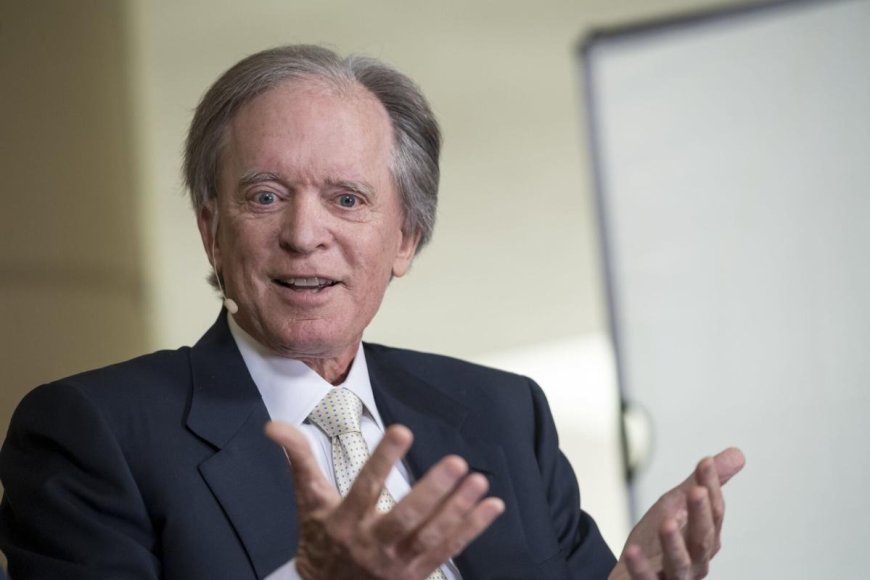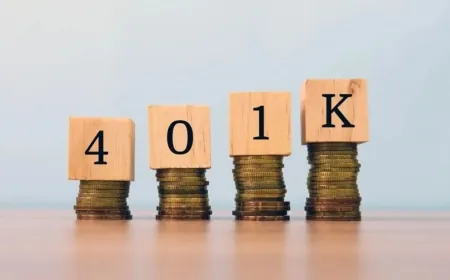Bill Gross Urges Fed to Halt Quantitative Tightening and Cut Interest Rates to Avert Recession
Bill Gross advises the Fed: Stop tightening, cut rates to prevent recession. Easy-to-understand insights on Fed's strategy for economic stability.

Well-known investor Bill Gross has some straightforward advice for the Federal Reserve: stop reducing its balance sheet now and start cutting interest rates in the next few months to avoid a possible recession. Speaking on Bloomberg Television, Gross criticized the current strategy of tightening and emphasized the need for a different approach.
Gross, the co-founder and former chief investment officer of Pacific Investment Management Co., suggested that the central bank should lower interest rates over the next six to 12 months. Wall Street is watching closely to see if the Fed will trim the benchmark interest rate, currently at its highest level in over 20 years. Some traders are hopeful for a rate cut as early as March, with the next US policymakers' meeting set for January 31.
"Real interest rates are just too high," Gross pointed out, stressing the importance of a reduction.
He highlighted the surge in yields on 10-year inflation-linked bonds, seen as an indicator of the actual cost of borrowing. These yields hit a 15-year high of 2.6% in October before dropping to around 1.8% now. Gross advocated for further decreases to about 1% to 1.5% to prevent a significant recession.
In a broad interview, Gross repeated his earlier views, stating that stocks are too expensive compared to real yields. He recommended more conservative investment strategies, favoring certain high-dividend stocks like banks and tobacco companies, as well as merger and acquisition arbitrage.
Gross also predicted that the yield curve would continue to steepen, reversing the trend of inversion. Inversion, where short-term interest rates surpass longer-term yields, is often considered a signal of potential economic downturns. Currently, two-year yields are around 4.4%, maintaining a 29 basis points lead over 10-year rates. This gap has narrowed from over 100 basis points in July.
Emphasizing the challenges of a finance-based economy, Gross highlighted the importance of a higher return for less risk in fostering a thriving capitalist system.
Also Read: Tax Implications for Borrowers After Federal Student Loan Forgiveness

































































